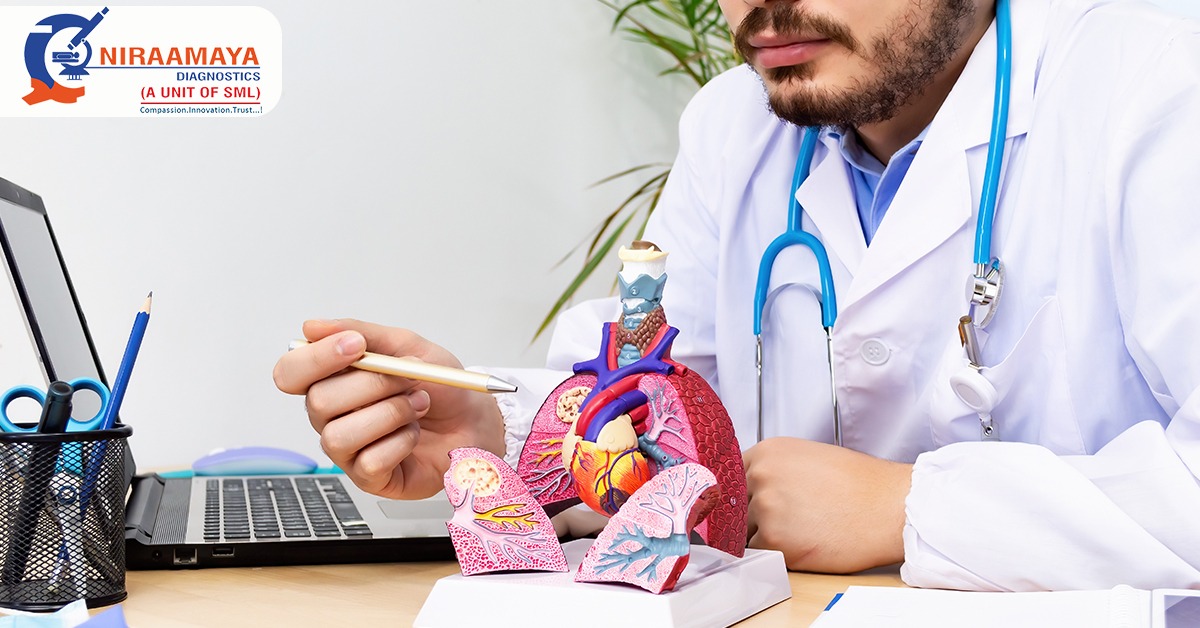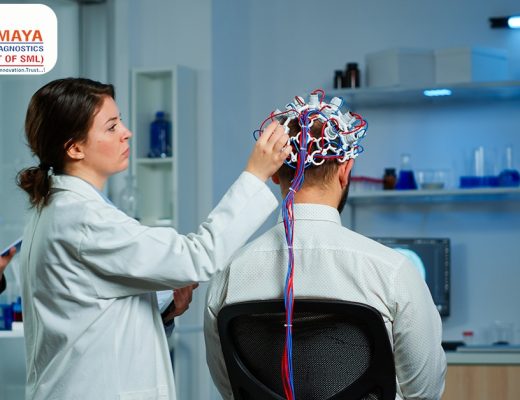Many of us have heard of a pacemaker and yet we are not fully aware of what the device is and under what circumstances the medical center cardiologists advise the use of the same. For the unversed, a pacemaker is a device that is computer-operated and powered by a battery. This medical device is placed under the collarbone beneath the skin. The electrodes (wire/leads) are connected to the patient’s heart. These electrodes enable the transmission of electrical impulses to the heart. The way a pacemaker works are that the computer chip under the collarbone detects slow abnormal rhythms of the heartbeat to automatically generate impulses to rectify the problem.
Bradycardia, a condition wherein the heartbeat is exceedingly low can be managed with the help of a pacemaker. The medical center cardiologists have noted that the pacemaker is effective for cases involving atrial fibrillation with a slow heart rate.
The symptoms that indicate one may require a pacemaker
Constant fatigue
Constant fatigue can occur due to the heart’s inability to pump blood efficiently. As a result, one may find it challenging to do basic activities like climbing a few stairs or walking at a brisk pace. That being said, one shall be advised to use a pacemaker only after an accurate diagnosis after an ECG or EEG test in Varanasi is done.
Experiencing pounding and palpitations
If there is an intense pounding or palpitation in your chest, the sign is not considered to be a good one by the medical center cardiologists. Such signs are indicative of atrial fibrillation or other forms of arrhythmia. If an ECG test confirms that the situation indeed needs pacemaker implantation, the patient will be given one. Another thing to note is that palpitations or pounding in the chest do not occur only when one is engaged in physical exercise. One may also experience the same while at rest.
Shortness of breath
If there is a persistent amount of breathlessness on a frequent basis, you may have to consult a medical center cardiologist for further checkup and to know whether you shall need a pacemaker after all.
Chest pain
Chest pain must not be avoided. In case of chest pain, you must consult a cardiologist since it can be a warning sign of a heart attack. Depending on the condition and findings of all the relevant tests, you could be advised of using a pacemaker.
Lightheadedness
A frequent feeling of lightheadedness or being dizzy is a sign that the normal functioning of your heart is affected. Another possibility of lightheadedness is when you sit up too fast from a resting position, it makes you go dizzy. Some of the major reasons for which lightheadedness is caused are hyperventilating, low blood sugar, or low blood pressure.




